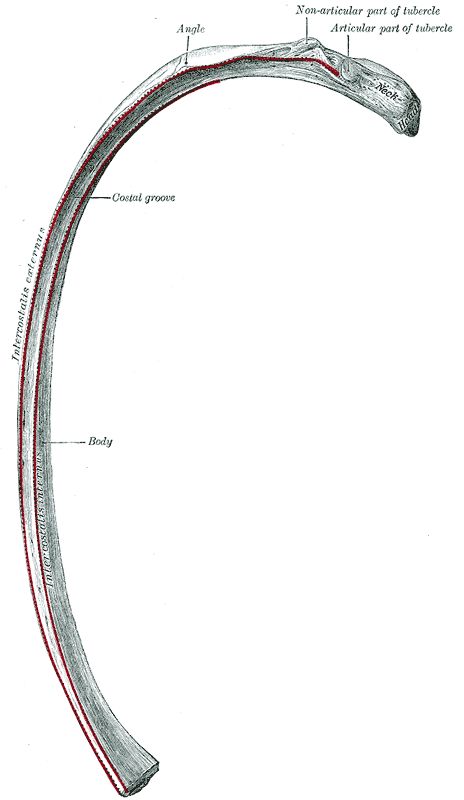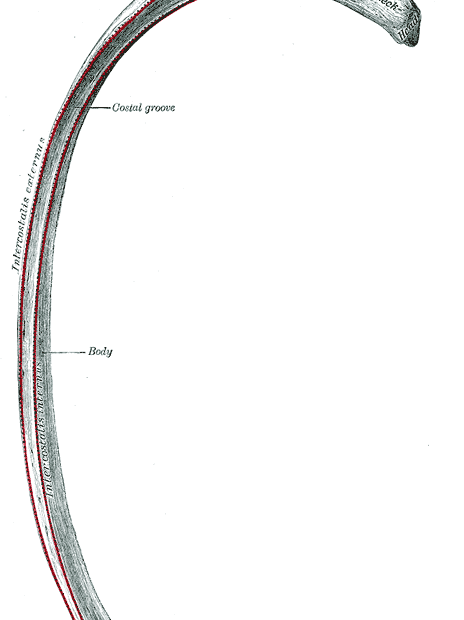
And the Adam is calling the name (שֵׁ֥ם, shem) of his woman Eve[Chavah] for himself HAS BECOME the mother of the Living whole.
Gen. 3:20 Literal
Eternal Language
The pronoun is masculine, not feminine: he has become the mother of life. No, he didn’t change from a man to a woman. Within the confines of time and place, there is only change. But within the sense of eternal which is not confined to time and place, there is becoming.
“Eve” is the “life giver”. The mother of life. The mother of the whole that lives. The mother of the living ones.
Specifically eternal life. Eternal ones. Those who live eternally.
In the Greek it is often expressed as Ζωὴ αἰώνιος ‘zoe-life eternal’.
Her name in Hebrew, חַוָּה, Chavah is from the verb חָוָה, chavah. The verb means “to make live” or “to give life“. Tradition interpreted it as “to declare”. This verb is found in a strikingly relevant verse. Notice the duality of this poem:
Day to day
pours forth
speech,
And
nightward to nightward
gives life to (chavah)
a knowing-one.
Psalm 19:2 RBT
You would think that the word “pours forth/flows” would be used in all sorts of contexts in Scripture, yet it is only used in the context of speech in the Hebrew scriptures, about 11 times. The speech is the word, seed, water, conception…birth….
The authors are clearly trying to get us to think about the allegorical relationship between speech and water (James 3:10-11).
